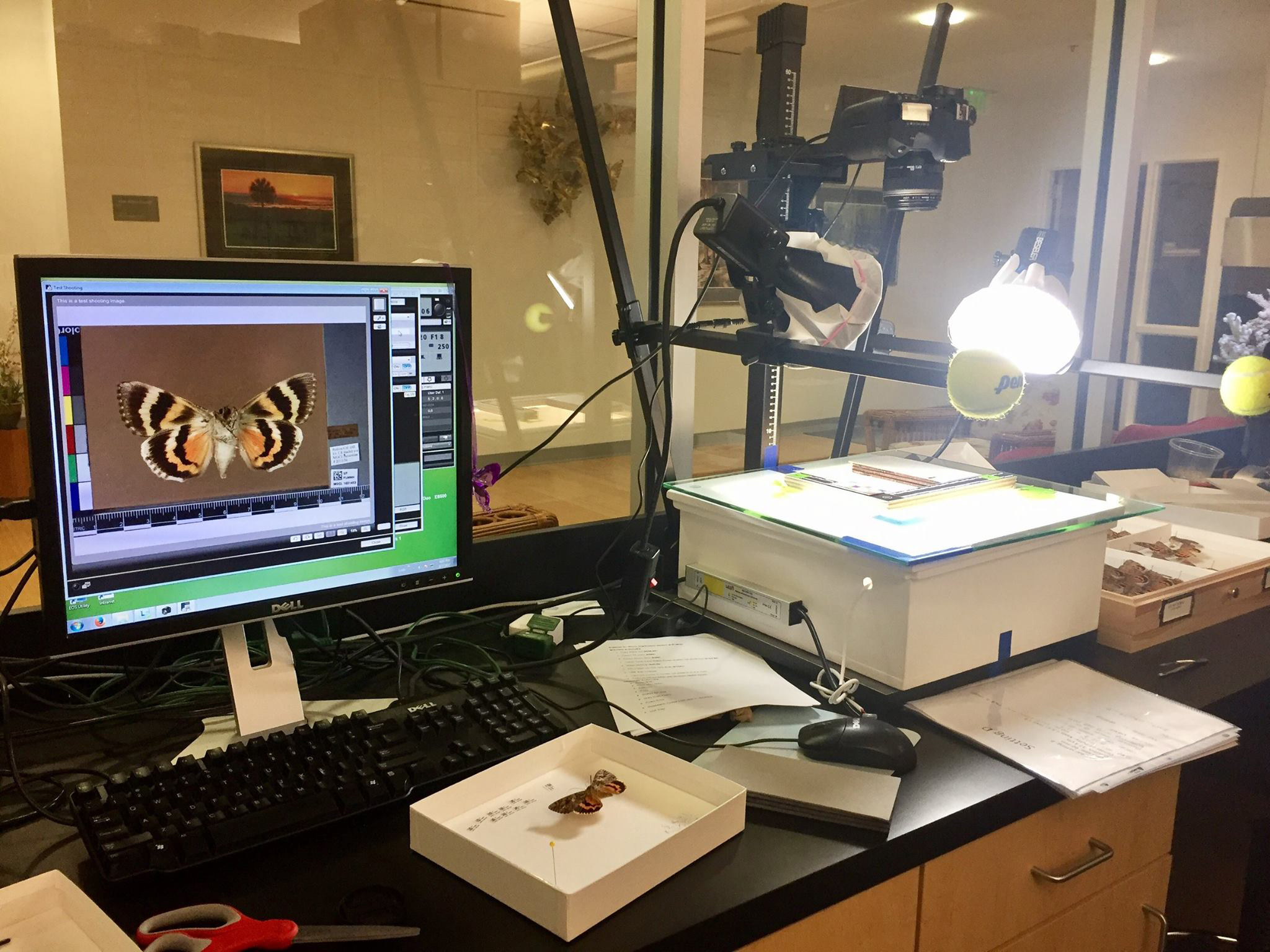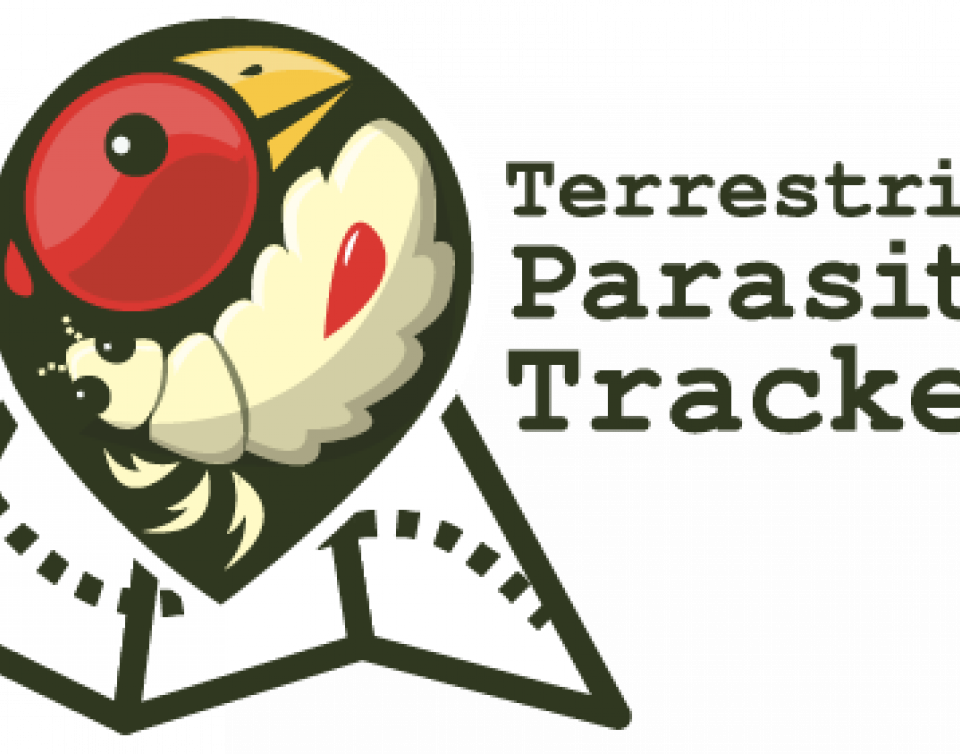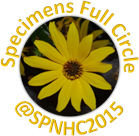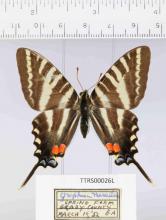Imaging
Imaging and Digitization Workshop for Avocational Paleontologists
Contributed by: Jeanette Pirlo
 |
| Figure 1: Imaging Workshop participant demonstrates proper imaging techniques by manipulating lighting, enhancing the specimen by providing a matte background, and properly using a scalebar in the image. Photo Credit: Jeanette Pirlo |
ICEDIG - a design refinement project for DiSSCo. Transforming natural science collections for the digital age.
from Deb Paul at iDigBio
The short version.
Digital Photography 101 Workshop

Data Without Borders Symposium at XXV International Congress of Entomologists ICE 2016
by Deb Paul
SPNHC2015 Symposium: Specimens Full Circle: Collection to Digitization to Data Use
University of Texas Proves an Excellent Venue for Paleo Imaging Workshop
There may be no place better than the University of Texas to conduct a broad-based paleo imaging workshop. This certainly seemed the consensus the week of 29 April at the co-sponsored iDigBio and Jackson School of Geosciences imaging event.
Biological Collections Digitization in the Pacific
iDigBio’s Paleo Digitization Workshop Draws more than 60 Attendees to New Haven
More than 60 paleontologists representing 41 institutions assembled in New Haven, CT the week of September 23rd, 2013 to share ideas, protocols, preferences, and strategies. This was iDigBio’s most populous workshop to date, with an assortment of excellent presentations and ample opportunities for rich discussion.
Entomologists Gather in Ann Arbor to Explore Fluid-preserved Arthropod Imaging
There was no dearth of enthusiasm or expertise at the recent Fluid-preserved Arthropod and Microscopic Slide Imaging workshop held at the University of Michigan September 16-18, 2013. For those whose interests span the gamut of cameras, lenses, microscopes, and the myriad gadgets and creative solutions that make it possible to capture images of difficult subjects, this workshop was the place to be.
Entomologists Gather for Insect Digitization Workshop in Chicago
Chicago’s Field Museum of Natural History (FMNH) turned out to be the perfect venue for iDigBio’s April 23–25 (2013) Dried Insect Digitization workshop. Overlooking Grant Park and the Chicago lakefront, FMNH provided an exceptionally attractive and hospitable environment with outstanding amenities. About 50 entomologists and digitization professionals from the U.S., Australia, and the United Kingdom attended, bringing together a diverse assemblage of knowledge and skill to address the complex job of digitizing pinned insect collections.
Fluid-preserved Invertebrate Imaging Workshop Opportunity
iDigBio, the National Science Foundation’s national HUB for Advancing Digitization of Biological Collections (ADBC), in collaboration with the University of Michigan's Museum of Zoology, is pleased to announce the fifth in a series of preparation-specific workshops focusing on biological collections digitization. The workshop announced here focuses on imaging techniques for fluid-preserved invertebrates and microscopic slides.
Wet Collections Digitization Workshop Report
When iDigBio announced an upcoming wet collections digitization workshop to be held in cooperation with the Biodiversity Institute at the University of Kansas, we had no idea what to expect. As it turns out, we must have hit a nerve. By the close of the application period, well over 50 people had responded - far exceeding our expectations.
Digitizing Biological Collections: Global Issues and Decision Points
Imaging and databasing a biological collection seems like a straightforward task: procure the specimens, extract the data, take the image, and serve the image and data on the internet. However, in most cases there are numerous preliminary global issues and decision points to be resolved before actual imaging and data extraction can begin.







